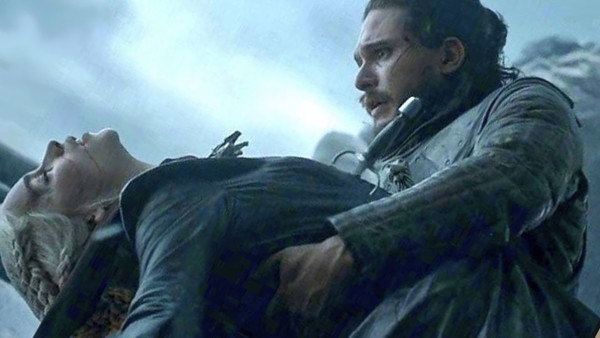Game Of Thrones Season 8 Breakdown: What The Ending REALLY Means
9. Fated Blood & Why Dany Had To Die

The conversation between Tyrion and Jon after the former is arrested is one of the most important in the entire show. As Tyrion says, he should have realised that "our queen's nature is fire and blood" and Jon's response ties into the entire show's focus on the idea of pre-determined futures and fate through blood.
For eight seasons, we've seen Houses referred to as if they are separate races with defining characteristics setting each apart. We've seen grand, sweeping statements that are absolutely believed in this world as gospel based on that: A Lannister always pays their debts, the North remembers. Whole groups whose behaviours and thus fates are decided by who they are.
No matter what Jon claims - that House words are not "stamped on our bodies when we're born and that's who we are" and that Dany was "not her father, no more than [Tyrion] is Tywin Lannister" - Tyrion was right about the need for her to die. She was fire and blood at her very core and the show has been setting it up for a long time, both directly and indirectly. It's a slightly depressing fact, but by the logic of the Seven Kingdoms, you can only be good if you are from good blood or if you consciously reject your blood, like Jon and Theon and Tyrion to a lesser extent. Otherwise you're simply doomed to relive the sins of your fathers.
That's why Dany had to die: her aspirations were to be a Targaryen and to restore the Targaryens to power. She followed the fire and blood in her heart and the only way to end it was to end her.